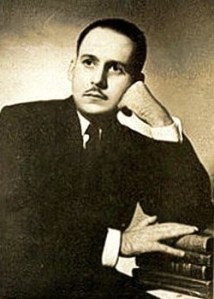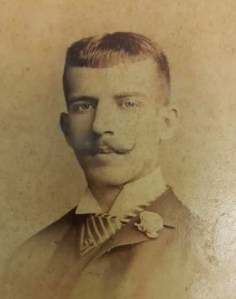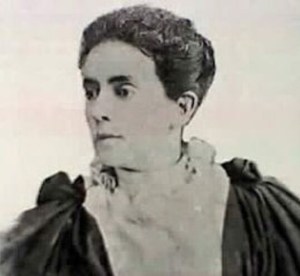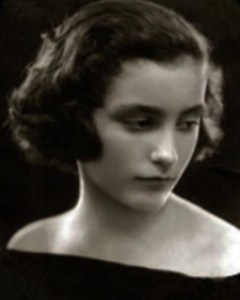We present this work in honor of the 185th anniversary of the poet’s death.

Cuban
1803 – 1839
Lord of the winds! I feel thee nigh;
I know thy breath in the burning sky!
And I wait with a thrill in every vein,
For the coming of the hurricane!
And lo! On the wings of the heavy gales,
Through the boundless arch of heaven he sails;
Silent and slow and terribly strong,
The mighty shadow is borne along,
Like the dark eternity to come;
While the world below, dismayed and dumb,
Through the calm of the thick hot atmosphere
Looks up at its gloomy folds with fear.
They darken fast—, and the golden blaze
Of the sun is quenched in the lurid haze,
And he sends through the shade a funeral ray,
A glare that is neither night nor day,
A beam that touches, with hues of death,
The clouds above and the earth beneath.
To its covert glides the silent bird,
While the hurricane’s distant voice is heard
Uplifted among the mountains round,
And the forests hear and answer the sound.
He is come! he is come! do ye not behold
His ample robes on the wind unrolled?
Giant of air! We bid thee hail.
How his gray skirts toss in the whirling gale;
How his huge and writhing arms are bent
To clasp the zone of firmament,
And fold, at length, in their dark embrace
From mountain to mountain the visible space.
Darker—still darker! The whirlwinds bear
The dust of the plains to the middle air;
And hark to the crashing, long and loud,
Of the chariot of God in the thunder cloud!
You may trace its path by the flashes that start
From the rapid wheels where’er they dart.
And the fire-bolts leap to the world below,
And flood the skies with a lurid glow.
What roar is that? ’tis the rain that breaks
In torrents away from the airy lakes,
Heavily poured on the shuddering ground,
And shedding a nameless horror around.
Ah! Well known woods and mountains and skies,
With the very clouds! Ye are lost to my eyes.
I seek you vainly and see in your place
The shadowy tempest that sweeps through space,
A whirling ocean that fills the wall
Of the crystal heavens, and buries all.
And I, cut off from the world, remain
Alone with the terrible hurricane.








